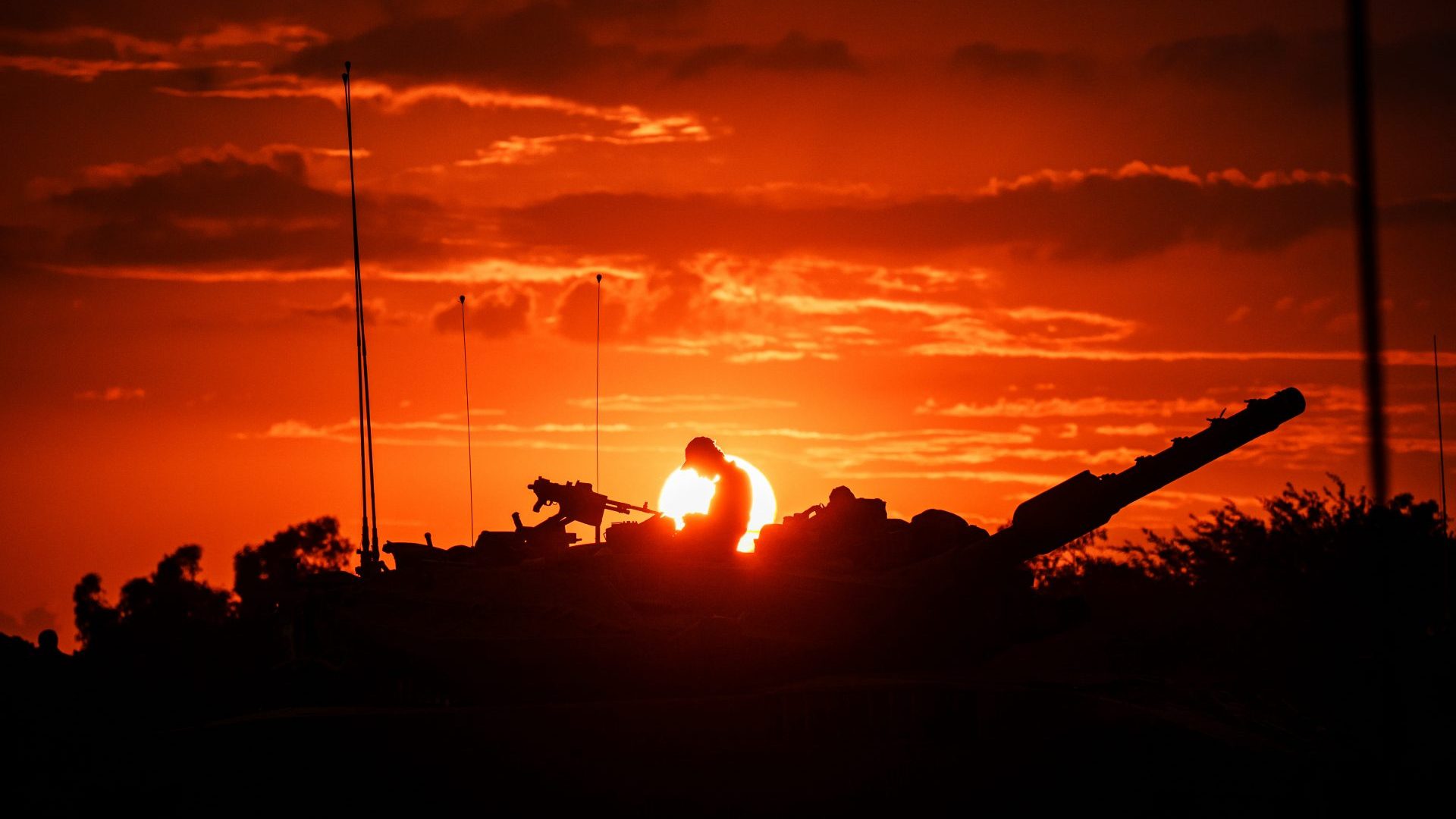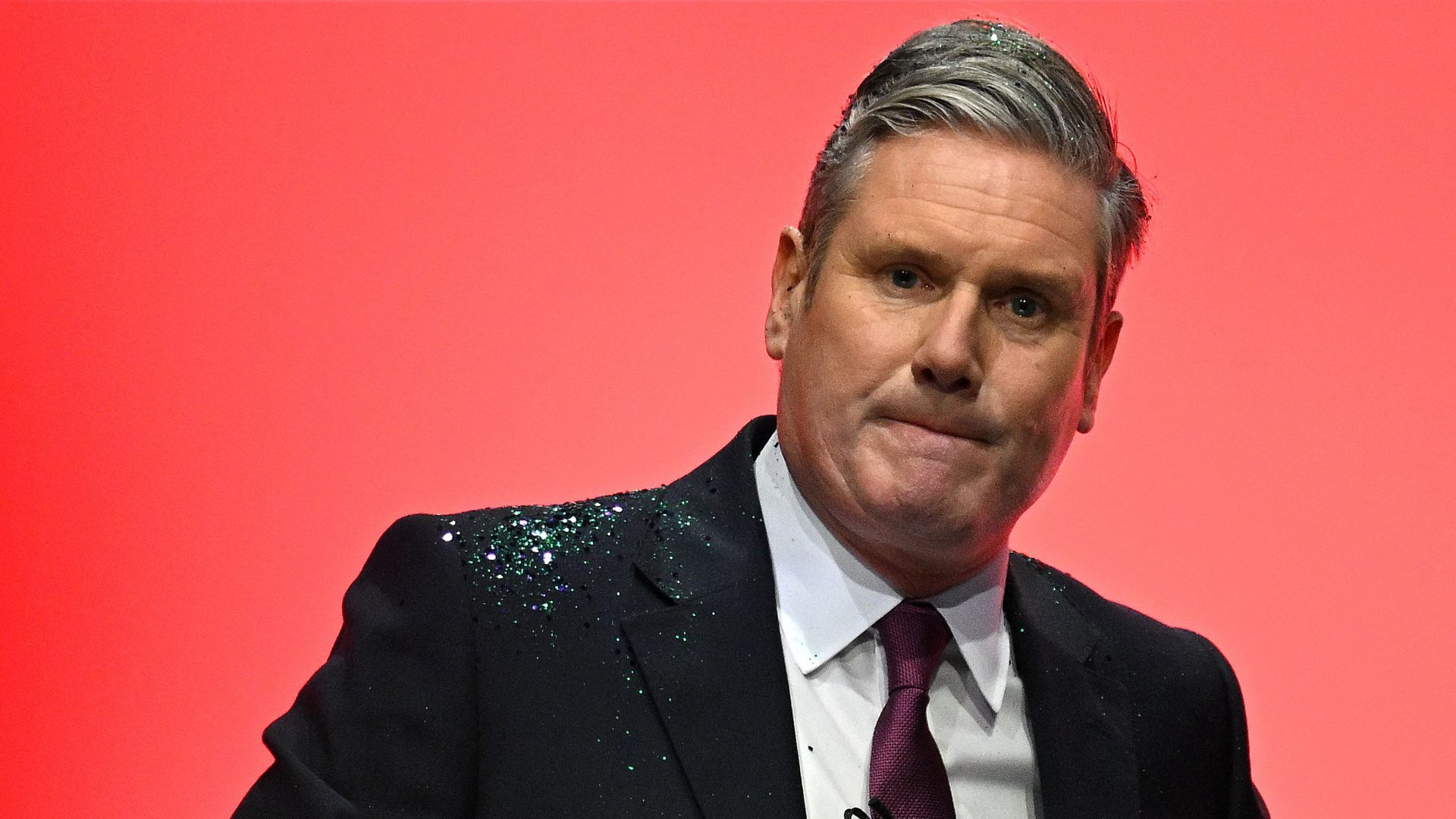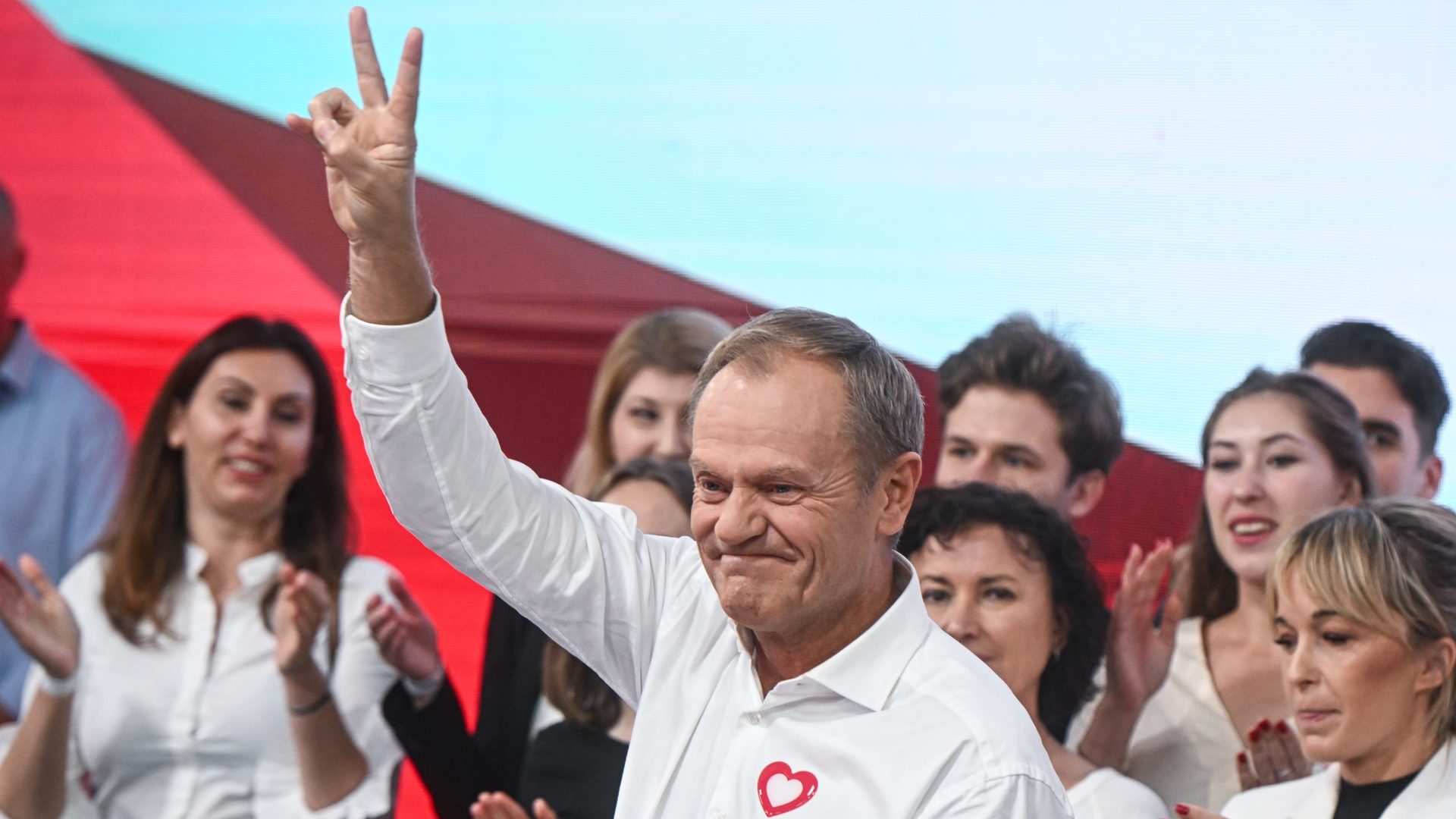One of the most powerful movies shown at this year’s London Film Festival was Jonathan Glazer’s The Zone of Interest, adapted from the late Martin Amis’s 2014 novel. The movie depicts the family of Rudolf Höss (Christian Friedel), commandant of Auschwitz, enjoying day-to-day domesticity in a comfortable home that borders the unspeakable horrors of the camp itself.
The juxtaposition of routine household life with the gateway to Hell is very hard to watch, as it should be. Even as Höss’s wife Hedwig (Sandra Hüller) shows off the kitchen garden to her mother – who wonders nonchalantly whether the Jewish woman she used to work for is on the other side of the wall – we hear distant screams, gunshots and the infernal soundtrack of industrialised genocide.
For millennia, in many places and in different forms, Jews have experienced this obscene indifference. They are understandably wary of warm words, performative statements and promissory notes unaccompanied by sustained action.
So, on October 7, as the scale of the atrocities inflicted by Hamas upon Israelis became clear, and the Star of David was projected onto government buildings and landmarks all over the world, many of them feared that these expressions of solidarity would prove fleeting.
Since then, Jews have watched mass demonstrations explicitly supporting the annihilation of Israel – “from the river to the sea!” – and, in some cases, calling for a 21st-century Shoah. Outside the Sydney Opera House on October 9, pro-Palestinian protestors chanted “gas the Jews” and “fuck the Jews”.
Last Saturday – only a week after more Jews were murdered than on any day since the Holocaust and as many brutally abducted Israelis still languished in captivity – they watched tens of thousands calling in Manchester, Liverpool, Aberdeen, Edinburgh, Glasgow and London for a “free Palestine”, for “decolonisation”, for an end to the so-called “apartheid state”.
They listened as the BBC piously explained why it would not describe as “terrorists” the Hamas killers who had decapitated babies at the Kfar Aza massacre, murdered 260 young people at the Supernova rave; kidnapped at least one Holocaust survivor; and then proudly advertised this depravity on social media. One can only conclude: if Hamas are not terrorists, then nobody is.
By last weekend, the world’s focus had shifted almost completely to Israel’s response in Gaza and, specifically, its “proportionality”. Even as the bodies of butchered Jewish infants were buried, Israelis were being scolded for their allegedly deficient commitment to “peace”.
Let us reframe this crisis: a sincere belief in internationalism must have sinew and heft. It involves moral commitment, tough decisions and, above all else, imagination.
The first and most important step is to acknowledge that the world changed on October 7; just as it did on 9/11; during the financial crash; and in the populist ruptures of 2016. Once again, history is hurtling through time zones.
We cannot turn the clock back and we cannot possibly expect Israel to deal with Hamas as an authority in Gaza or elsewhere. The status quo ante is not an option.
Second, this terrorist group must be understood for what it is. The pogrom of October 7 was not a new intifada or a second Yom Kippur War (though it did coincide with the 50th anniversary of that conflict). Hamas is the regional affiliate of an international Islamist franchise that plots globally and acts locally.
It is primarily sponsored by Tehran and has less in common with young Palestinians throwing rocks at Israeli soldiers than it does with ISIS, the Taliban, the Charlie Hebdo killers, the Manchester bomber and, above all, Iran’s Islamic Revolutionary Guard Corps (IRGC). It is not a plucky Maquis but the branch of a multinational nexus of theocratic fascism.
It follows, third, that the response should involve many nations, rather than Israel alone, and that diplomatic, financial, military and geopolitical leverage must now be applied with precision, urgency and resolve.
So, for a start: if Arab solidarity is to mean anything, the Rafah crossing from Gaza into Egypt (the recipient of billions of dollars of US aid every year) should be opened for the duration of the crisis.
Many of the leaders of Hamas live in affluent exile in Qatar. The video clip last week of Ismail Haniyeh, the organisation’s political leader, and 12 of his henchmen in their smart suits celebrating the murder of children and rape of young Israelis in his air-conditioned office in Doha spoke for itself. Time for them to be extradited to the International Court of Justice in The Hague.
Time, too, for the United Nations to stop lecturing Israel and virtue-signalling, and to start planning for post-Hamas Gaza. That terrorist organisation has been the principal roadblock to investment and to democracy in the enclave. It has used civilians as human shields, just as Russia’s invaders have used Ukrainians. It has impoverished those it purports to represent, embezzled international aid, ripped out water pipes and used them to fire missiles.
What form a successor administration might take is impossible to know at this point, not least because Mahmoud Abbas’s Palestinian Authority in the West Bank is so ill-suited to the challenge.
Could Gaza be temporarily governed by a transitional regime such as that headed by Paddy Ashdown, the UN high representative in Bosnia-Herzegovina from 2002 to 2006? Or a power-sharing trusteeship to coordinate humanitarian assistance, the preliminary reconstruction of Gaza’s infrastructure and liaison with the Israeli defence ministry and Jerusalem?
If such a jurisdiction sounds far-fetched, understand that nothing is as far-fetched as the idea that Hamas has a future.
Rarely has it been more important for a coalition of the willing to step up to the plate. The state of Israel was founded in 1948 because, after two-thirds of Europe’s Jews had been exterminated, the survivors concluded that they could never depend again on the assurances of others to avoid extinction.
If necessary, as so often in the past, Israel will go it alone. It is on the rest of us to ensure that it does not have to.




